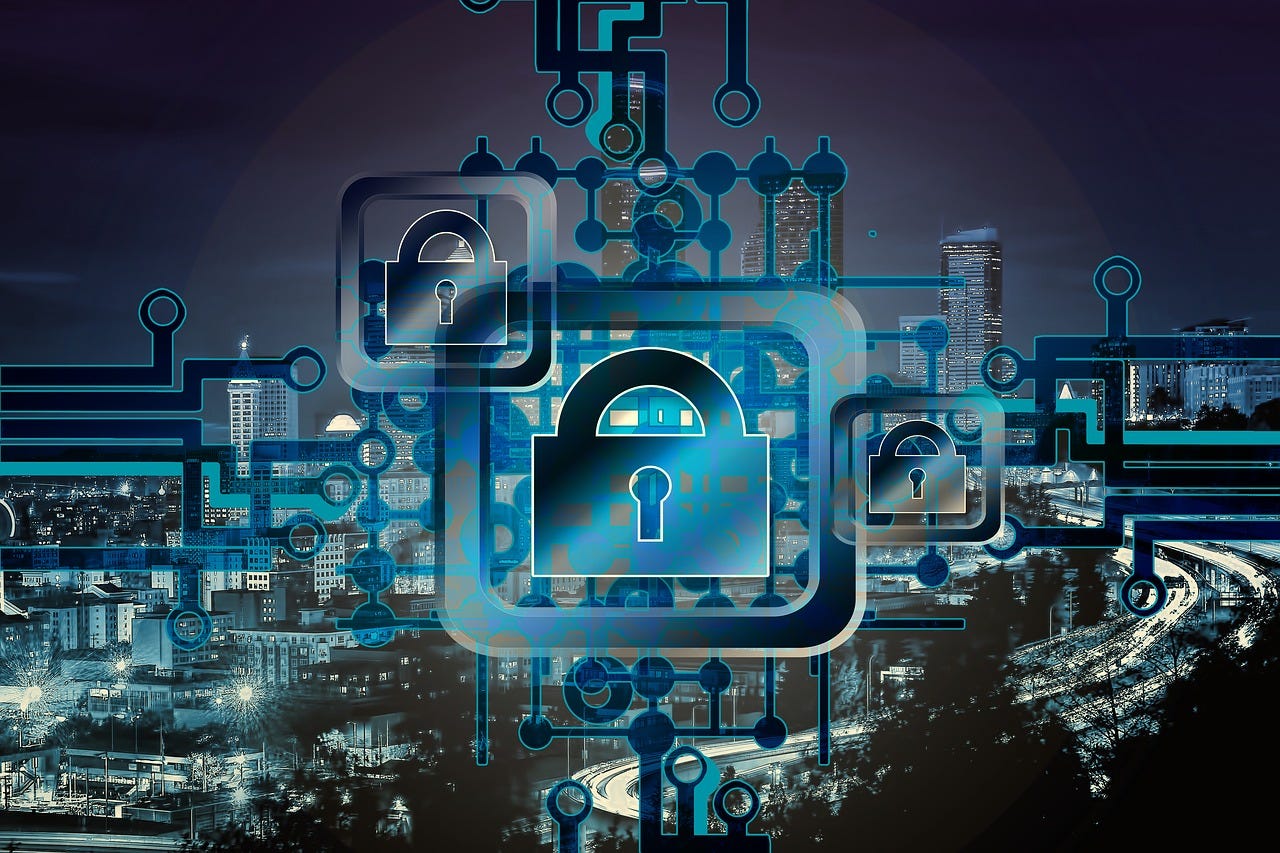Thought Crimes and the Death of Privacy
Societal fracture is the cost of digital surveillance
A recent headline bemoaned the latest legal battle for tech giant, Meta, as it seeks to train its AI on European data, re-igniting privacy concerns. Such stories always feel like remnants of a long-lost war.
Who can reasonably believe that they have privacy from mega-corporations in this digital age? Android and Apple devices listen to our conversations (awaiting audio commands), Google is not alone in selling ads based on private emails, and complex psychological profiles are built for all of us based on our social media habits (even if we don’t post) and on what links we click on.
Very few people care about all of this. Even fewer think they have any choice in the matter. After reading this article, there’s a good chance you’ll get an ad for a privacy product within the next day or two. It’s more of a punchline than a revelation.
Yet I wonder how it changes who we are. After all, what we are willing to say in each social setting varies based on perceived reactions and how comfortable we are at dealing with conflict. Moreover, how we act affects us unconsciously. It would be exceedingly difficult to live a life that does not reveal what values we hold—we live our values. In a free and humane society, nobody would desire to keep such things secret anyway. In a more totalitarian society, that’s what people are forced to try and do.
Earlier this year, in England, Sam Melia, a member of the activist group Patriotic Alternative, was found guilty of the nebulous crime of, “inciting racial hatred”. He was found guilty of producing downloadable templates for stickers, bearing the following slogans:
Reject White Guilt
It’s OK to be White
We will be a minority in our homeland by 2066
White Lives Matter
Stop Anti-White Rape Gangs
Love Your Nation
The jury was told numerous times that they were not to consider whether or not the slogans were true—for that was irrelevant. The things to be weighed include the emotional response of people who see the stickers and the emotional reasoning of those who distribute them. In the trial, the prosecution used private messages sent on Telegram to demonstrate Sam’s ideology further. He had stated his personal beliefs candidly but privately to those who were sympathetic to them. This ideology is what has resulted in his imprisonment.
While I do not agree with all of Sam’s ideological positions, especially when elaborated further than the mere stickers, that should not be the litmus test of legality. At no point did the prosecution allege that Sam was a threat to anyone. By everyone’s understanding, he had no plans to enact any kind of terrorist plot, hurt anyone, or even disrupt any events. He merely holds beliefs that the prosecution finds to be so objectionable as to be imprisonable. He is thus guilty principally of thought crimes.
This brings us back to privacy, for when thoughts and worldviews become crimes, even when confessed only in private messaging, those with verboten viewpoints will withdraw from the rest of society. Widespread distrust will surely create silos within the culture, forcing groups of people underground where they never face an opposing viewpoint. Ironically, this only galvanizes them.
This process of self-isolation isn’t just destructive to individuals, it ultimately leads to societal breakdown through fracturing. When people are unable to communicate outside of a trusted few, pockets exist that are separated from mainstream society. Some of those splinters become overtly dangerous, but all of them represent a type of disunity. The modern preference for diversity has made too many numb to the problems that are caused when society lacks common bonds and the cohesion that comes therefrom.
The intrusions into private spaces, which have become typical, combined with the criminalization of large swaths of people for ideological reasons is a recipe for catastrophe. We are moving towards a not-too-distant future wherein the psychological profiles already built by mega-corporations are shared with governments that criminalize mere modes of thought. Those who make these policies are seemingly too drunk on their virtue-signaling to see what they are creating, but they are erecting a system that results in silos that are alien to the culture around them and resentful of other groups, their government, and an unjust legal system. It will culminate in absolute societal collapse.



Just wait until 'pre-thought' crime. When the AI determines what you MIGHT think in the future. Just the mere potential that you might think something can get you arrested. At some point one should just conclude they want to control thoughts. Like 'praying silently' in Australia is illegal near certain places. You MIGHT just be thinking something dangerous. These new 'impure thoughts' will be monitored by the corporate gods under their all-seeing-eye, the A-Eye. Not necessarily one monumental entity, from Facebook, Google, or X. Anything you THINK can and will be used against you in a kangaroo court. We are all already guilty of every thought crime they can 'think' of themselves.
And as usual, people say "if you have nothing to hide, you have nothing to worry about." And for this AI-god, there is no forgiveness.
Thank you Sarah, you are a spiritual sister of St. Joan of Arc.